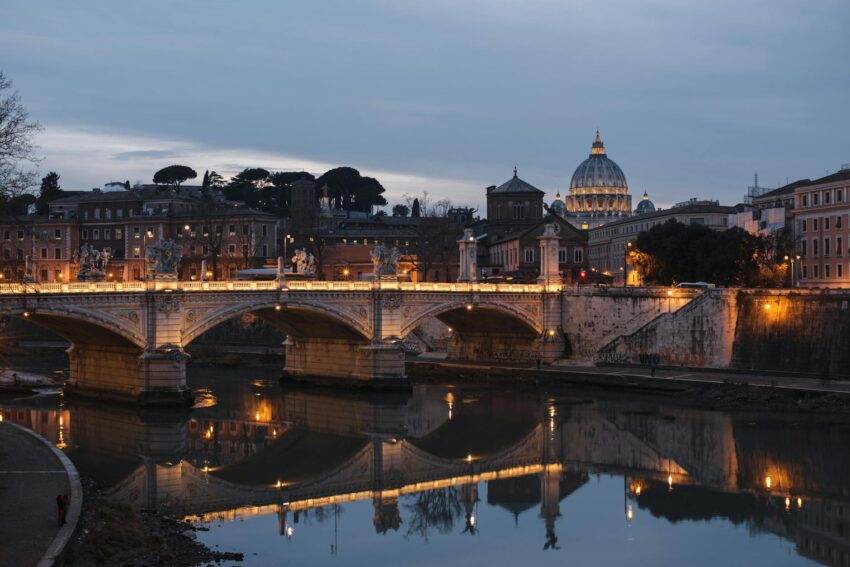Witnessing the ongoing radical development of the world of science and medicine, one cannot omit the lively resurgence of the once-defamed group of substances – psychedelics. Serenading a new era, the psychedelic renaissance, trends and developments are emerging that challenge the orthodox approach towards mental health, art, and even spirituality.
Modern developments, especially the decriminalization of psychedelic substances in certain regions, have invigorated discourse related to their potential benefits and influence on human cognition. These substances, inclusive of components like psilocybin, LSD, and DMT, are increasingly transcending the illicit boundaries to gain regulatory approvals for therapeutic usage.
In 2018, the U.S. FDA approved the use of esketamine – a psychedelic substance, for treatment-resistant depression. This move exemplifies the paradigm shift in the perceptions about the medical utility of these substances. More recently, COMPASS Pathways received an FDA breakthrough therapy designation for psilocybin therapy for treatment-resistant depression.
Amidst the promising clinical endorsements, it is noteworthy that numerous psychedelic societies and research organizations have emerged worldwide, rallying to propel the renaissance. These organizations are arduously working to explore and showcase psychedelics’ potential for clinical and societal utility. For instance, the Multidisciplinary Association for Psychedelic Studies (MAPS) is a leading non-profit research organization that campaigns for the medicinal and recreational acceptance of psychedelics.
Concurrently, it’s essential to recognize the growing acceptance and usage of psychedelics outside a merely clinical perspective. Encouraging trends are apparent in the increasing importance placed on complementary practices with psychedelics that leverage their potential, termed integration practices. Such practices commonly include meditation, mindfulness techniques, art, and other therapeutic exercises conducted during or post a psychedelic experience to maximize the benefits.
Psychedelic art/music too are no longer fringe but have carved a niche of their own. Couched in surrealistic and abstract visual themes, psychedelic art leverages the complexities of human consciousness, depicting the profound unity and intricate dynamism witnessed during a psychedelic experience. Psychedelic music too captivates with its mesmerizing symphonies, often resonating with the vibrancy of the psychedelic experience itself.
This appreciation of psychedelics extends beyond artistic creativity to the flowering of spiritual gatherings like ayahuasca ceremonies, which sees people coming together to embark on a profound inward journey guided by a shaman. Psychedelic spirituality is no longer clandestine but is gently permeating mainstream dialogues about spirituality and consciousness.
However, the slowed emergence from the shadows is not without challenges. Considerable work still needs to be done to remove the stigma attached to psychedelics and to educate the public about their safe and responsible use. Moreover, extensive clinical research is crucial to bring about a legal framework for the medical implementation of psychedelics. The psychedelic renaissance is exciting and promising, but it must be handled with care.
In conclusion, the manifestations of the psychedelic renaissance are multifaceted, with pacing growth seen in fields of medicine, spirituality, and art, among others. Key trends suggest the world is turning a corner in its perception of psychedelics, but the journey to full acceptance and harnessing their potential responsibly is still underway. However, the growing acceptance provides a hopeful vision of the future where the utility of psychedelics is fully explored and embraced in society.
This underscores the core of the psychedelic renaissance – it’s more than just about substances. It’s about a collectively evolving consciousness and the humanity’s ceaseless pursuit of understanding the mind’s complexities and stepping towards a more empathetic, creative and enlightened society. Renowned psychedelic advocate Timothy Leary’s words aptly resonate the essence of the psychedelic renaissance – “Turn on, tune in, drop out.” Let the journey of discovery continue, in all its colorful spectrum.
